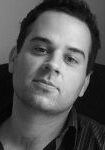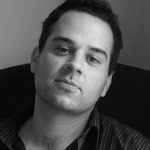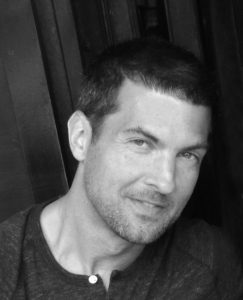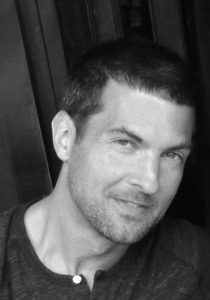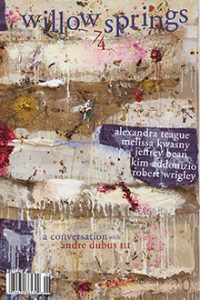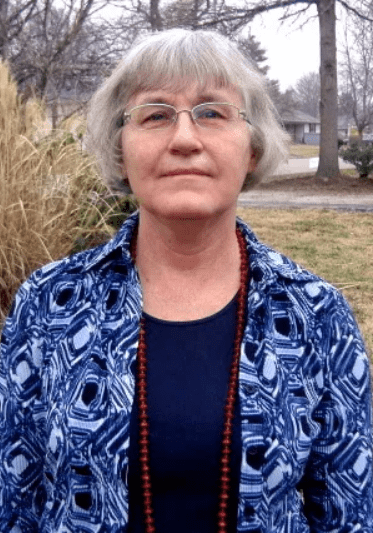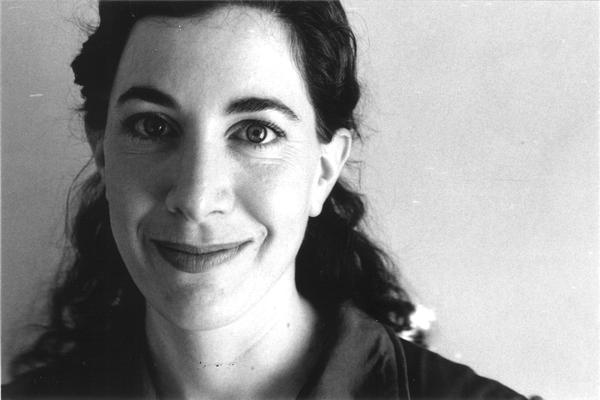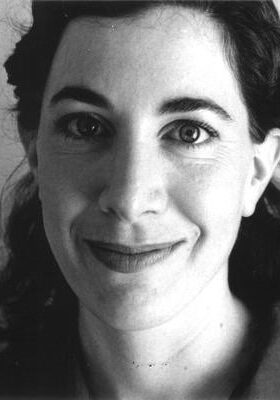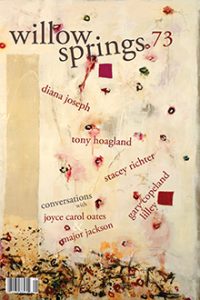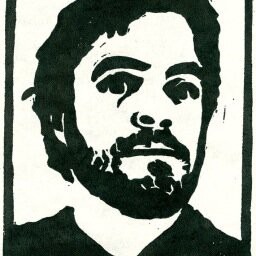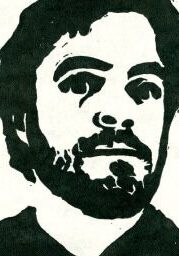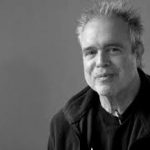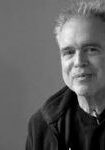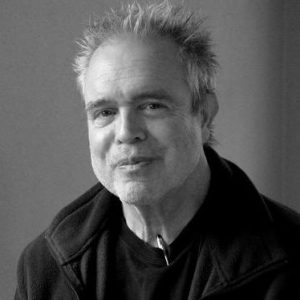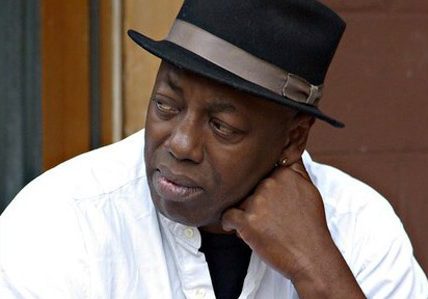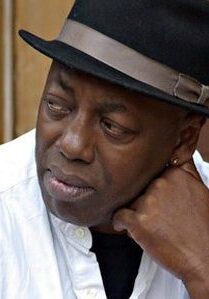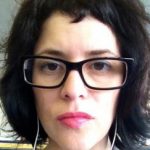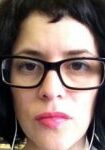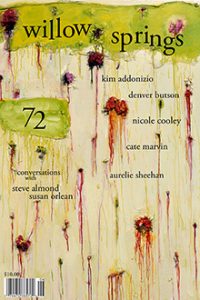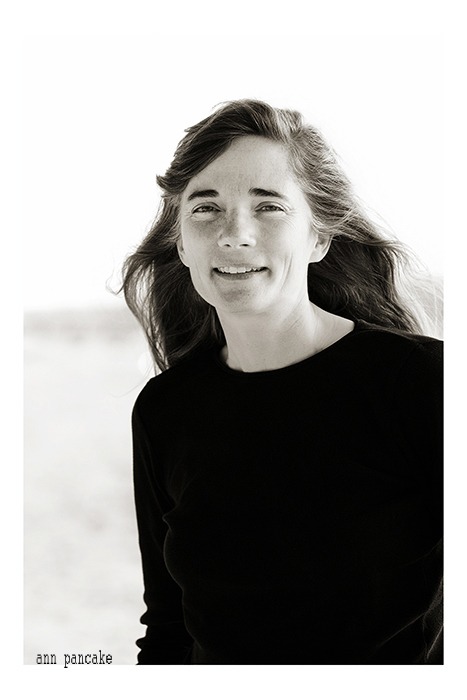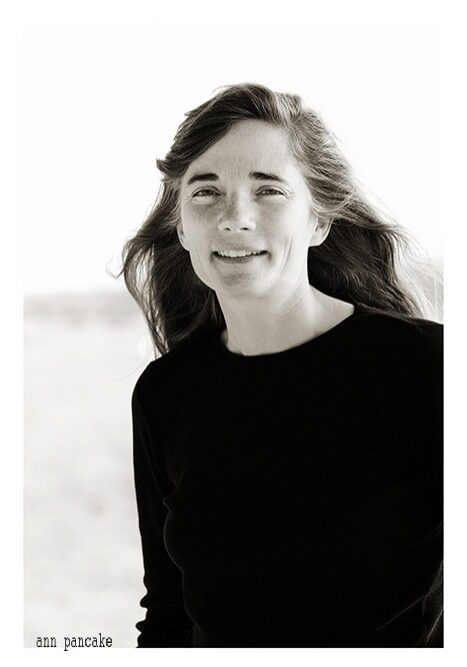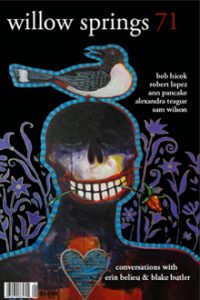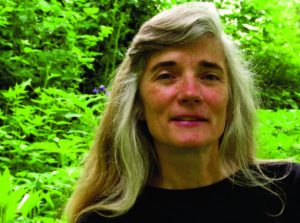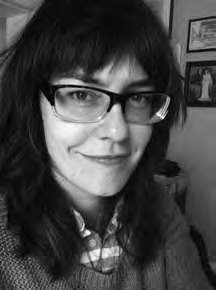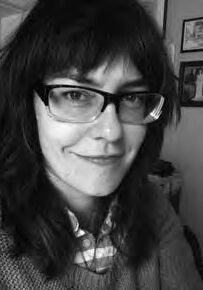Notes on “Mrs. Max Siegel’s Rules for Jewish Women”
I wrote this essay at the request of a young editor who was putting together a gift book of Jewish mother-themed essays. I’d never written a personal essay before (though I’ve pretended to), but I was excited when she said grandmothers could be included, too. This is because I am obsessed with my maternal grandmother, Eva Siegel, who died in 2001 and continues to visit my dreams with startling frequency. My fixation on her is somewhat mysterious to me, though it seems to revolve around many of the ideas I cover in the piece: notions of ladylikeness, certainty, the tension between one’s inner and outer self-presentation all anchored in the tense, confusing, and irreconcilable concept of womanhood. I thought I’d touch on my grandmother’s Jewishness, since it was the theme of the collection, but I was not especially intrigued by it. However, as I began to do research, I started to realize how important it was. I began to see how unique my grandmother’s childhood was, how singular and odd. In 1906, the year of her birth, most new immigrants from Europe settled into Jewish neighborhoods in eastern cities (not nearly as many went west). Being a Jew in Utah was remarkable enough, but growing up in the small town of Nephi as a member of the only Jewish family was truly exceptional. I began to realize how important Jewishness was to the formation of Eva’s character not necessarily Jewishness as a belief system (though it may have been that, too), but Jewishness as it was perceived by others since “others,” in this case, meant everyone outside her immediate family. She was profoundly an outsider. And because of this, she had a deep interest in keeping up appearances. I began work on the essay by making a list of colorful remarks I remember my grandmother saying, sentences lodged in my memory like stray bullets. I’m fascinated by utterances I can’t forget the power of words and the tenacity of memory can be so intense. Also, since I’m a bitter, unforgiving person, most of the things I remember are unpleasant. This automatically adds tension and conflict, which can be bad in life but is good in writing. A narrative began to hazily appear to me: I would move from Eva’s difficult obstinacy to the suffering and logic behind her meanness; she’d float from unsympathetic to sympathetic as the essay progressed. It would be like a camera lens pulling back, revealing more of a scene, until a picture emerges that, perhaps, is not what it first seemed to be. Quite promptly, these remembered sentences the idea of utterances and memory coalesced to form the structure and rhythm of the piece. It didn’t take me long to see I wanted it to be a series of rules hovering between white space on the paper. The form would follow the content: I wanted to explore the stubbornness and sense of certainty in Eva’s character, and rules are the fundamental language of unbending thoughts. But I liked how something about the white space undercuts this as well—white space is full of irony and silence; the gap allows for juxtaposition and the humor of contrast and repetition. In contrast to a rule, a pause allows the reader to stop, think, and doubt. There’s also something sad about blocks of text with blankness above and below. It implies endings, epitaphs, and the silence of the unspoken. Well, it turns out that all Jewish ladies, at a certain age, become obsessed with the Second World War (as do a lot of non-Jews), and what I ended up exploring far more than I anticipated was the idea of silence and the Holocaust. It wasn’t until after Eva died that I found the letters in the little escritoire in the living room, the ones from Grodno. (They weren’t hidden; I just hadn’t looked before. P.S. Some of those relatives didn’t live long enough to die in the Holocaust. That’s the most comforting thing I can say about that.) So the essay became much darker than I thought it would be. It no longer seemed like it was going to work in a gift book about Jewish mothers. As for the matter of how this essay connects with my larger work, I’ll defer to my dreams, since that’s where my grandmother and I now meet. Eva is usually in the kitchen; she’s old but much younger than when she died. She’s wearing a dress and an apron and moves on light feet, making her famous almond cookies. (In real life, no one else can make these cookies with any success, because even though we have the hand-printed recipe on a note card, no one has the patience to soften the butter, refrigerate the dough overnight, then cram it through a cookie press.) In my dreams, my grandmother is always silent, with no voice at all the settings may differ, but her silence is a constant. Also, she’s always dead. Each time, her deadness is a comfort and a jolt. Should I tell her she’s dead? She looks great; should I tell her she looks great when she’s dead? Is deadness good? I’m not the only woman who struggles with the silent, beautiful woman in the kitchen. I think most of us have a similar goddess of femininity in their heads a figure who seems to say that there’s a right way to be a woman, that there’s a template for it. But even if we have a clear, hand-printed recipe card, we still can’t get it right. We can’t put ourselves behind, we can’t make ourselves shut up, we can’t keep our nails from breaking and our hair from escaping the pins and anger from spewing out of our mouths. And why would we want to? Because we’re women.
On Reading
Reading has always been an important part of my life, but I used to approach it as a sane person would. Now, I am a disturbed addictI do it first thing in the morning, I sneak away, I hide it, my relationships suffer. This began around the time I stepped on my Kindle which had not charmed me away from paper and replaced it with the sublime Kindle Paperwhite, which almost has. I just finished Robinson Crusoe and The Farther Adventures of Robinson Crusoe by Daniel Defoe. Those are the shortened titles. They’re actually called The Life and Strange Surprizing Adventures of Robinson Crusoe, Of York, Mariner: Who lived Eight and Twenty Years, all alone in an un-inhabited Island on the Coast of America, near the Mouth of the Great River of Oroonoque; Having been cast on Shore by Shipwreck, wherein all the Men perished but himself. With An Account how he was at last as strangely deliver’d by Pyrates; and The Farther Adventures of Robinson Crusoe; Being the Second and Last Part of His Life, And of the Strange Surprising Accounts of his Travels Round three Parts of the Globe, respectively. Isn’t that awesome? I love how the second title shows restraint. I keep a journal of the books I’ve read, in which I note what I find interesting, disappointing, and amazing. I’d say most of this falls into the category of craft. In the last few years, this has evolved into a more quixotic project where I treat every book every novel anyway as though I’m an editor and it’s my task to figure out how to make it better. This is time-consuming and I may have to give it up, but I kind of love doing it. Like a lot of writers, I basically exist in a fantasy world, and in this alternate universe, I’m a superhero charged with making the world fall in love with fiction again (I’d like a hatchet and a bottle of lye for every person who’s told me they only read nonfiction because they “like information”). If people are willingly foregoing a deep participation in language, metaphor, and meaning in favor of Civil War histories and the brass tacks of marketing, then something is out of balance. So this is important work I’m doing, mentally. I must to do it with great assiduousness in order to make the world safe for books and enticing for readers. When I finish a book, I write down what I liked best usually this is something odd, with a metaphorical meaning or meaning that drifts in an intriguing way. I love how Defoe’s servant, Friday, calls praying “saying O,” as in, “Why you no say O to your maker?” Sometimes it’s more of a narrative strategy, like Defoe’s propensity for revealing what’s going to happen ahead of time (he’s “deliver’d by Pyrates”). But mostly, when I’m mentally editing, I’m concerned with what makes a book work as a whole. This doesn’t mean I’m only interested in characters and plots, since what makes a book work often happens on the level of the sentence or the paragraph. After all, we’re really only paying attention to what’s in front of us on the page when we’re reading. If there’s enough momentum, who needs a plot? To me, considering the whole is synonymous with considering the storytelling, and storytelling is something I’m constantly trying to grasp (I am no cocktail party raconteuse). When I take a step back and consider the story arc of an original, wonderful novel, sometimes it becomes clear that the story is pretty basic. This isn’t bad! It just means the complexity comes from somewhere else, particularly from the way the story unfolds. I’ve started to suspect that the only fundamental difference between a riveting tale and a stale one is timing. That’s why knowing how and when to give vital information is an art. I don’t mean plot points, though that can be part of it; mostly I’m talking about the sense of mystery and forward motion and narrative pleasure that comes when you don’t yet know everything in a book, a paragraph, or a sentence and how to pull this off without the more tiresome forms of narrative tension, like cliffhangers and clock-racing (though I do love Cinderella). When a writer doles out information with skill, we enjoy not-knowing. We sense that we’ll be satisfied eventually, even if it’s not in the way we expect. And when it’s done with skill, it’s also invisible. So I grapple with the mechanics of how good forward motion is created in the books I read (or isn’t created). I’ve managed to grasp a few of the ways: it can come in the form of foreshadowing in all its varieties, through strategic absences that arouse our curiosity, through paragraphs with strong first sentences and surprising last words, and by musical sentences that keep us reading through the force of rhythm and the need for resolution. A beautiful, tidy example of a strategic absence is how Mary McCarthy lets time elapse between chapters in The Group. There’s always an ellipsis between one chapter and the next; sometimes a day goes by, but often it’s months or years. McCarthy keeps jumping ahead in time, and the reader can’t help but wonder what’s happened to the characters during the gap. David Markson also uses strategic absences brilliantly, and he has an entirely different method. His fiction is made up entirely of short, stanza-like sections that are only obliquely related to one another (if they’re related at all). The effect of so many isolated paragraphs is that meaning accrues through juxtaposition and absence as much as through what he actually says. Markson seems to have influenced me in the writing of “Mrs. Max Siegel’s Rules for Jewish Women.” I say seems to because it’s difficult to know exactly what influence is or what it feels like, short of sitting down at the computer and saying, “Now I will write my own version of Moby Dick.” Pretty much all art is based on other art, but influence is so diffuse and unconscious, so mixed up with one’s own personality, that it’s difficult to trace. I think it’s only possible to be influenced by a writer who’s already on your wavelength. I can read John Updike all day long, but I’m never going to write like him: our sensibilities are too different. As for how my imaginary editing job/reading journal has affected my writing, it has certainly slowed me down. I have to wade through all the notations in my brain. A lot of writers use their strengths automatically, following their inner sense of language and narrative without agonizing over how they got there. Whereas I sort of take everything apart, then try to put it together again. It’s kind of like those geeky guys who learn how to pick up girls by studying the nuances of human behavior so they can reproduce it in a natural way. But even if it does slow me down, it’s important to me to know my choices. I want to know how I can begin and end things if I get stuck; I want to know how to keep something moving without pandering, and I want to know how to create meaning without hitting the reader over the head with fixed interpretations. Most of all, when I write, I want to be able to use my intelligence as well as my gut.
A Eulogy to Axed Rants: The only sentence that survived in the final draft [of my Notes on Reading] was the one about a hatchet and lye, which gives you some idea of my frame of mind. The rants had to go, but it pained me to axe them. If you don’t mind, I’d like to honor each one with a short eulogy.
Here are my dead: A love letter to the Kindle Paperwhite, likening it to a glowworm. A diatribe against non-readers singling out non-reading MFA students who nonetheless have time to get out of bed to analyze their twitter feeds. A rebuke of television, particularly long-form television dramas, which everyone seems to love because now they get to watch soap operas at night. A poetic, deeply felt passage about language, thought, and metaphor, in which I said some fancy stuff about the symbolic realm, etc. A long, bragging list of all the books I’ve plowed through on my latest reading tear. It included the word “stygian.” A tribute to the movie Blade Runner; this mostly covered the topic of eyeballs. I said some bad things about the Pulitzer Prize. A vigorous invective against/paean to the internet. Gum-chewing porn was mentioned in it, by me, as well as two-day delivery with Amazon Prime, OCD, and God. An audit of the peculiar-yet-necessary items I’ve been able to obtain on the internet (a ceramic dog wearing an Elizabethan collar), as well as the unlikely skills I’ve picked up on YouTube (dismantling the dishwasher to reveal the pile of compost rotting at the bottom). A long paragraph with very little punctuation on the subject of craft, as well as an interrogation of the word “craft.” Also the phrase: Death, death, death, with no elaboration. Rest in piece, rants. Yours truly, Stacey
